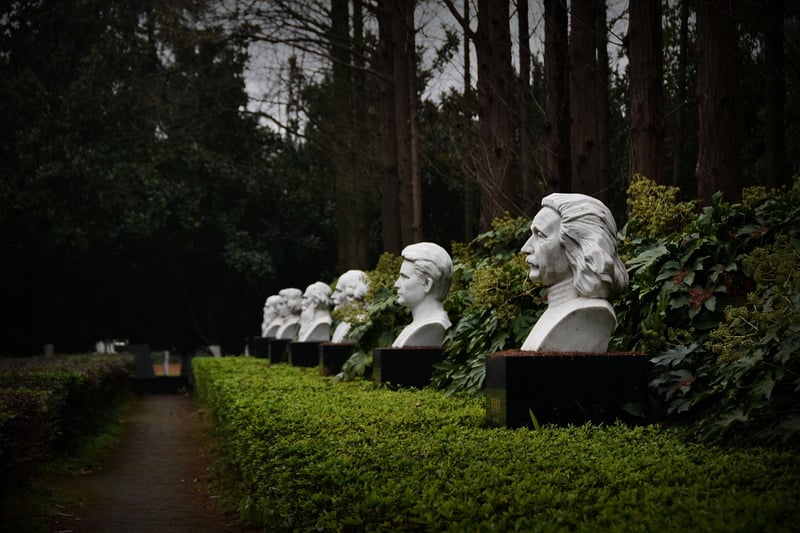Causal Disruptions
The Effects of Altering Time on Causal Disruptions
Time, a fundamental aspect of our existence, plays a crucial role in maintaining the order and sequence of events in our daily lives. Altering time, whether intentionally or inadvertently, can lead to significant causal disruptions that can have far-reaching consequences. Let's explore how changes in time can affect the causal relationships we rely on.
1. Time Travel
One of the most popular concepts related to altering time is time travel. The idea of moving backward or forward in time has captured the imagination of many, thanks to science fiction stories and movies. However, the implications of time travel on causality are profound. Changing events in the past can create paradoxes and alter the course of history in unpredictable ways.

2. Daylight Saving Time
On a more practical level, the biannual ritual of changing our clocks for daylight saving time can also lead to causal disruptions. While the intention behind daylight saving time is to make better use of daylight, the shift in time can impact our internal body clocks, leading to sleep disturbances, mood changes, and even health issues.

3. Relativity and Time Dilation
According to Einstein's theory of relativity, time is not absolute but is relative to the observer's frame of reference. This concept leads to phenomena like time dilation, where time appears to pass at different rates for objects in motion relative to each other. While this effect is well-understood in the realm of physics, it highlights how altering time can create causal disruptions at a fundamental level.

4. Time Manipulation in Fiction
Countless works of fiction explore the consequences of manipulating time, from causing ripples in the fabric of reality to creating alternate timelines. These stories often serve as cautionary tales, warning us about the dangers of tampering with the natural flow of time and the potential causal disruptions that can result.

In conclusion, altering time, whether through theoretical concepts like time travel or practical adjustments like daylight saving time, can have profound effects on causal relationships. Understanding the intricate connections between time and causality is essential for grasping the complexities of our universe and the potential disruptions that may arise from tinkering with the fabric of time itself.
Remember, time is not just a measure of change but a fundamental aspect of how we perceive and experience the world around us. Proceeding with caution when it comes to altering time is crucial to avoiding unintended consequences and maintaining the delicate balance of cause and effect.
